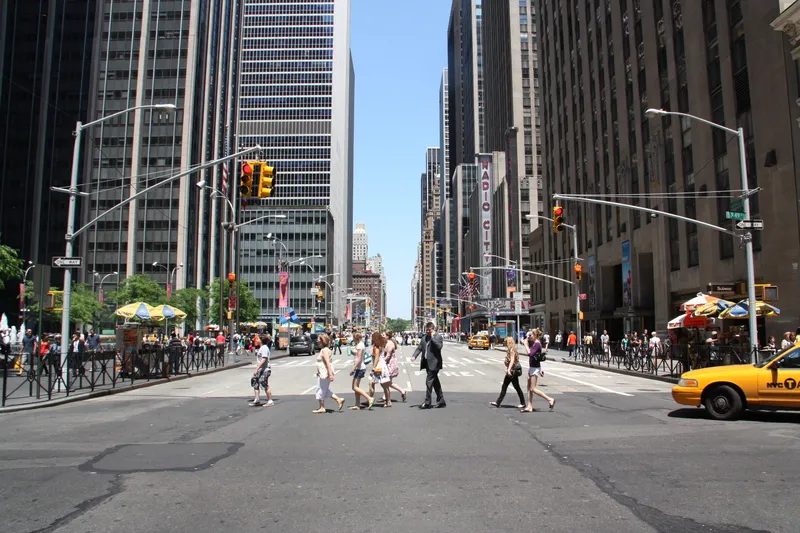In Morocco, a country with 32 million inhabitants and just over 2.7 million cars on the road, over 4,000 Moroccans die on the roads each year and more than 15,000 are handicapped for life. Despite plans to combat road deaths and the introduction of the new highway code in 2010, the situation is worsening.
July 30, 2012
Read time: 1 min
In Morocco, a country with 32 million inhabitants and just over 2.7 million cars on the road, over 4,000 Moroccans die on the roads each year and more than 15,000 are handicapped for life. Despite plans to combat road deaths and the introduction of the new highway code in 2010, the situation is worsening.
A 10-year plan initiated in 2004 aimed to decrease the number of deaths and serious injuries by five per cent per year. However, the number of road deaths has increased from 3,894 in 2004 to 4,222 in 2012, a rise of eight per cent. Compared to 1996 when there were 2,807 road deaths, the increase is 50 per cent. The probability of getting killed in a road accident has risen from 5.77 per cent in 2010 to 6.29 per cent in 2011. With 1,508 deaths in 2011, cars are in first place in terms of user category. This is followed by pedestrians (1,141), motorbikes (923) and trucks (255).
A 10-year plan initiated in 2004 aimed to decrease the number of deaths and serious injuries by five per cent per year. However, the number of road deaths has increased from 3,894 in 2004 to 4,222 in 2012, a rise of eight per cent. Compared to 1996 when there were 2,807 road deaths, the increase is 50 per cent. The probability of getting killed in a road accident has risen from 5.77 per cent in 2010 to 6.29 per cent in 2011. With 1,508 deaths in 2011, cars are in first place in terms of user category. This is followed by pedestrians (1,141), motorbikes (923) and trucks (255).









